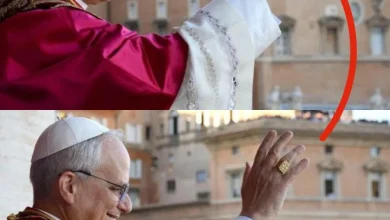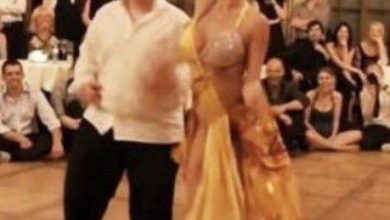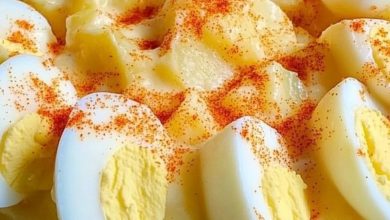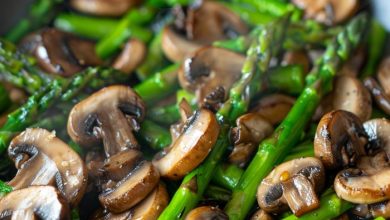Slow Cooker Candied Carrots
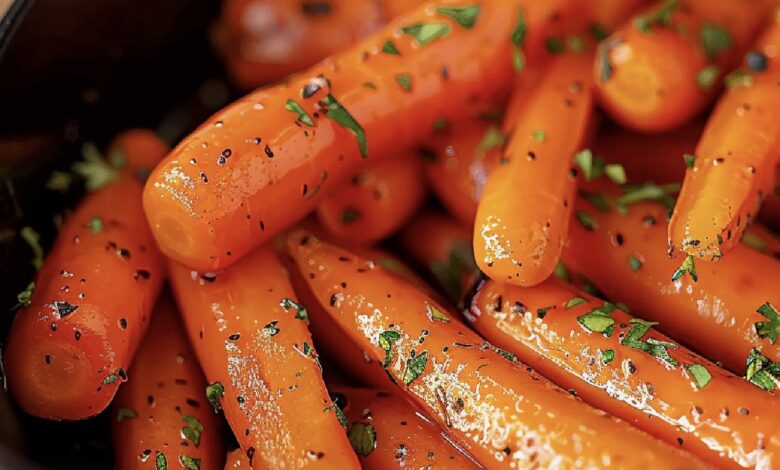
If you’re searching for a delectable and effortless side dish that can elevate your regular meals to gourmet status, your quest ends here! Our recipe for Slow Cooker Candied Carrots combines the best of sweet and savory flavors, making it an irresistible addition to any dining experience. Whether you’re a busy home chef or a culinary enthusiast, this recipe promises not just a tantalizing taste but also a seamless cooking process. Let’s delve into the realm of candied carrots and uncover how this dish can steal the spotlight on your dining table.
ADVERTISEMENT
Ingredients for Slow Cooker Candied Carrots
The essential ingredients you’ll need to create this mouthwatering dish include:
ADVERTISEMENT
| Ingredient | Quantity |
|---|---|
| Baby carrots | 2 pounds |
| Unsalted butter (melted) | 1/4 cup |
| Brown sugar (packed) | 1/3 cup |
| Honey | 3 tablespoons |
| Salt | 1/2 teaspoon |
| Ground cinnamon | 1/4 teaspoon |
| Vanilla extract | 1/4 teaspoon |
| Fresh parsley (optional) | For garnish |
Directions to Prepare Slow Cooker Candied Carrots
Follow these simple steps to whip up a batch of flavorful candied carrots:
ADVERTISEMENT
- Preparation of Carrots: Start by placing the baby carrots into the slow cooker, ensuring they are evenly spread out.
- Creating the Glaze: In a mixing bowl, combine the melted unsalted butter, packed brown sugar, honey, salt, and ground cinnamon. Whisk until all the ingredients are thoroughly mixed.
- Coating the Carrots: Pour the glaze mixture evenly over the carrots in the slow cooker, ensuring each carrot is coated.
- Cooking Process: Cover the slow cooker and set it to low heat for approximately 3-4 hours, or until the carrots are tender and infused with the delicious flavors of the glaze.
- Final Touch: Once cooked, stir in the vanilla extract to enhance the aroma and flavor of the dish.
- Presentation: To add a touch of freshness and visual appeal, garnish the candied carrots with fresh parsley before serving. You can serve them warm directly from the slow cooker for maximum flavor.
